The end of classical Greek philosophy and its transformation into Christian thought
The closure of the philosophical schools in Athens, traditionally dated to 529 CE under the decree of Emperor Justinian, marked a symbolic end to the independent development of classical Greek philosophy. This act, part of Justinian’s broader efforts to consolidate Christianity as the state religion of the Byzantine Empire, signaled the diminishing autonomy of philosophical inquiry in the face of the growing dominance of Christian orthodoxy. However, the intellectual legacy of Greek philosophy did not vanish. Instead, it was transformed and assimilated into the emerging framework of Christian thought, shaping its theological and philosophical foundations.
Remains of the wall in the western part of Aristotle’s lyceum in Athens. The Lyceum was a grove dedicated to Apollo Lykeios next to the Gymnasium near Athens and referred to a series of educational institutions. After Plato’s Academy, it was the second most important school in ancient Athens. Today, only a few ruins remain. Source: Wikimedia Commonsꜛ (license: public domain)
The closure of the Athenian schools: Historical and political context
The philosophical schools in Athens, including the Academy founded by Plato and the Lyceum established by Aristotle, had long been centers of intellectual and cultural life in the ancient world. By late antiquity, however, their influence had waned as Christianity became the dominant religious and intellectual force in the Roman Empire. The conversion of Emperor Constantine to Christianity in the early 4th century and the subsequent Edict of Milan (313 CE) marked a turning point in the empire’s relationship with pagan traditions, including Greek philosophy.
The closure of the Athenian schools by Justinian was part of a broader effort to suppress pagan practices and institutions that were perceived as incompatible with Christian orthodoxy. While the decree did not completely eliminate philosophical activity, it curtailed the institutional autonomy of the schools, effectively integrating philosophy into the Christian theological framework. Many philosophers, such as Damascius, the last head of the Athenian Academy, sought refuge in Persia or other regions where intellectual traditions were still more pluralistic.
The integration of Greek philosophy into Christian theology
The rise of Christianity as the dominant religious and cultural force in late antiquity did not spell the end of Greek philosophy but rather its transformation. Early Christian thinkers, faced with the need to articulate and defend their faith in a world steeped in Greek intellectual traditions, drew heavily on Platonic, Aristotelian, and Stoic ideas to develop their theological doctrines.
The Johannine tradition and the logos
The Gospel of John introduced the concept of the logos, identifying it with Christ as the divine Word. This idea, deeply influenced by Platonic and Stoic notions of the logos as the rational principle underlying the cosmos, became a cornerstone of early Christian theology. The logos provided a bridge between the Greek philosophical emphasis on reason and the Christian understanding of divine revelation.
Origen and the allegorical interpretation of scripture
Origen (circa 185–254 CE), one of the most influential early Christian theologians, was heavily influenced by Platonic philosophy. He developed a sophisticated system of biblical exegesis that employed allegorical interpretation, drawing on Platonic metaphysics to explain the spiritual meaning of scripture. Origen’s conception of the preexistence of souls and the ultimate reconciliation of all beings with God reflects the influence of Greek philosophical ideas on Christian eschatology.
Augustine of Hippo and Neoplatonism
Augustine of Hippo (354–430 CE) represents the culmination of the integration of Greek philosophy into Christian theology. A convert to Christianity after years of engagement with Manichaeism and Neoplatonism, Augustine synthesized Platonic and Christian ideas to develop a theological system that addressed questions of sin, grace, and salvation. His Confessions and City of God illustrate how Neoplatonic concepts of the soul’s ascent and the hierarchical structure of reality were reinterpreted within a Christian framework.
From philosophical dynamism to theological dogmatism
One of the most significant consequences of the assimilation of Greek philosophy into Christian theology was the shift from the open-ended, dynamic nature of classical philosophical inquiry to the more dogmatic and doctrinal character of Christian philosophy. In the classical schools, philosophy was characterized by rigorous debate, intellectual pluralism, and the pursuit of knowledge as an end in itself. Philosophers engaged in critical inquiry and often revised or rejected previous doctrines in light of new arguments or insights.
In contrast, the integration of philosophy into Christian theology was constrained by the need to uphold doctrinal orthodoxy. Theological debates, such as those surrounding the nature of Christ and the Trinity, were often resolved through ecumenical councils, resulting in the codification of dogmas that limited the scope for further philosophical exploration. While Christian philosophy retained many of the analytical tools and metaphysical concepts of Greek philosophy, its primary purpose became the elucidation and defense of revealed truths rather than the pursuit of speculative inquiry.
The continuity and transformation of greek philosophy
Despite the constraints imposed by theological orthodoxy, Greek philosophy remained a vital force in Christian intellectual life. The works of Plato, Aristotle, and their commentators were studied and adapted by Christian scholars, ensuring the continuity of classical philosophical traditions. In the Byzantine world, thinkers such as John Philoponus and Maximus the Confessor engaged with Aristotelian and Neoplatonic ideas, contributing to the development of Christian philosophy.
In the Latin West, the rediscovery of Aristotle’s works during the 12th and 13th centuries, mediated by Islamic scholars, sparked a revival of classical philosophy that culminated in the scholastic tradition. Thinkers such as Thomas Aquinas synthesized Aristotelian philosophy with Christian theology, creating a new framework for philosophical and theological inquiry.
However, this continuity should not obscure the fundamental differences between classical Greek philosophy and its Christian successors. The institutional and intellectual freedom of the classical schools, which fostered debate and innovation, gave way to a system in which philosophical inquiry was subordinated to theological authority. This transformation marked a decisive shift in the history of Western thought, shaping the boundaries of intellectual inquiry for centuries.
Conclusion
The closure of the philosophical schools in Athens and the integration of Greek philosophy into Christian theology marked the end of classical Greek philosophy as an independent tradition. While Greek philosophical ideas continued to shape Christian thought and remained central to the intellectual life of the medieval world, their transformation into a framework for theological inquiry introduced new constraints on philosophical dynamism and debate. This synthesis of Greek philosophy and Christian theology represents both a continuity and a departure. It preserved the intellectual legacy of classical antiquity while reorienting its purpose and scope to serve the needs of a new religious and cultural paradigm.
References and further reading
- Hellmut Flashar, Michael Erler, Günter Gawlick, Woldemar Görler, Peter Steinmetz, Die Philosophie der Antike. Bd.4. Die hellenistische Philosophie, 1994, Schwabe, Aus der Reihe: Grundriss der Geschichte der Philosophie, ISBN: 9783796509308
- Christoph Riedweg, Christoph Horn, Die Philosophie der Antike. Bd. 5. Die Philosophie der Kaiserzeit und der Spätantike, 2018, Schwabe, Aus der Reihe: Grundriss der Geschichte der Philosophie, ISBN: 9783796526299
- Alexander Brungs, Georgi Kapriev, Vilem Mudroch, Die Philosophie des Mittelalters. Bd. 1. Byzanz. Judentum, 2019, Schwabe Verlagsgruppe, ISBN: 9783796526237
- John Marenbon, Die Philosophie des Mittelalters. Bd. 2. 11. Jahrhundert, 2025, Schwabe Verlag, ISBN: 9783796526251
- John Marenbon, Die Philosophie des Mittelalters. Bd. 2. 11. Jahrhundert, 2025, Schwabe Verlag, ISBN: 9783796526251
- Alexander Brungs, Vilem Mudroch, Peter Schulthess, Die Philosophie des Mittelalters. Bd. 4. 13. Jahrhundert, 2017, Schwabe, ISBN: 9783796526268
- Watts, E., City and School in Late Antique Athens and Alexandria, 2008, University of California Press, ISBN: 978-0520258167
- Hadot, P., Philosophy as a Way of Life: Spiritual Exercises from Socrates to Foucault, 1995, Blackwell, ISBN: 978-0631180333
- Armstrong, A. H., The Architecture of the Intelligible Universe in the Philosophy of Plotinus, 2013, Cambridge University Press, ISBN: 978-1107656734

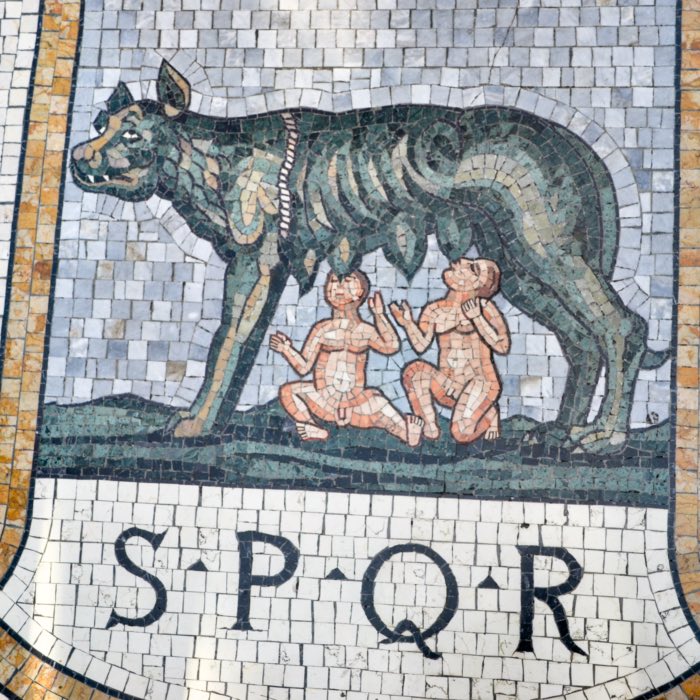
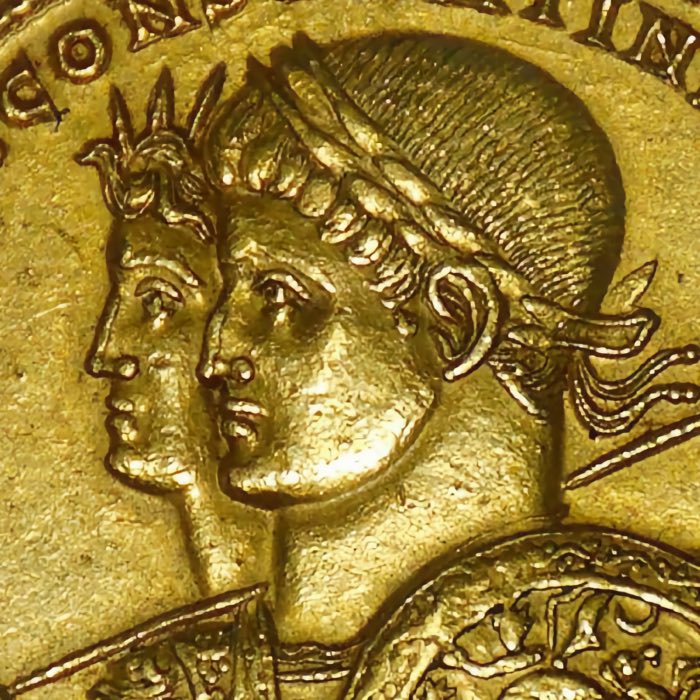
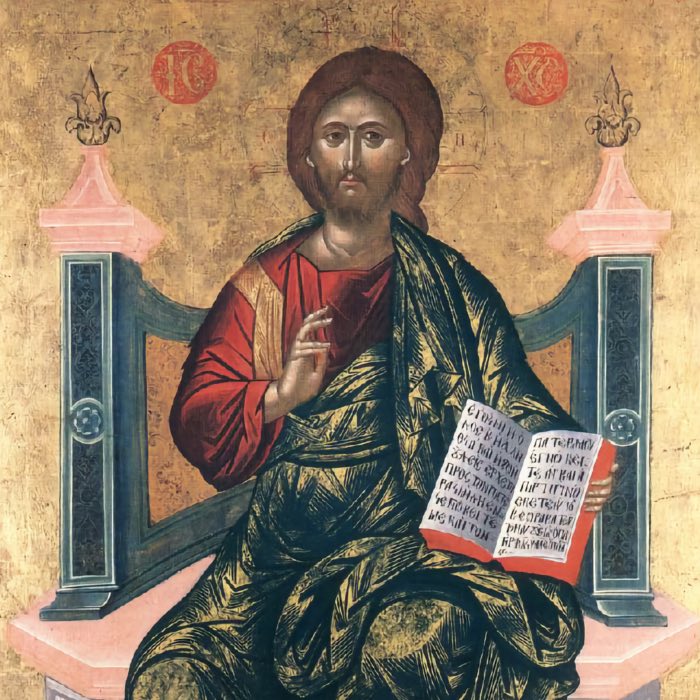
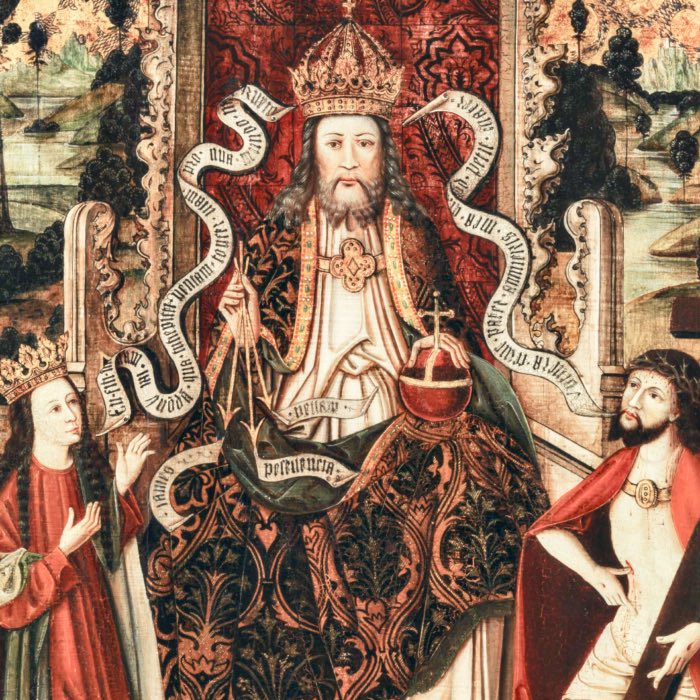
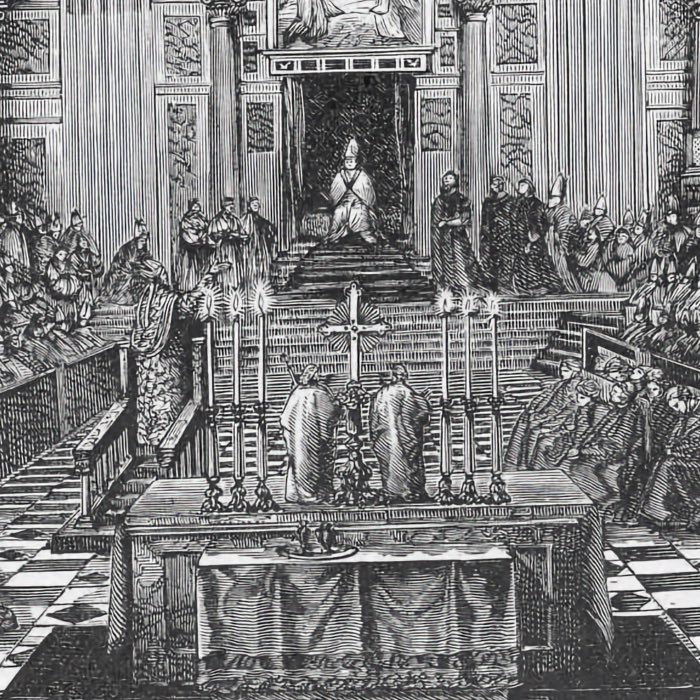
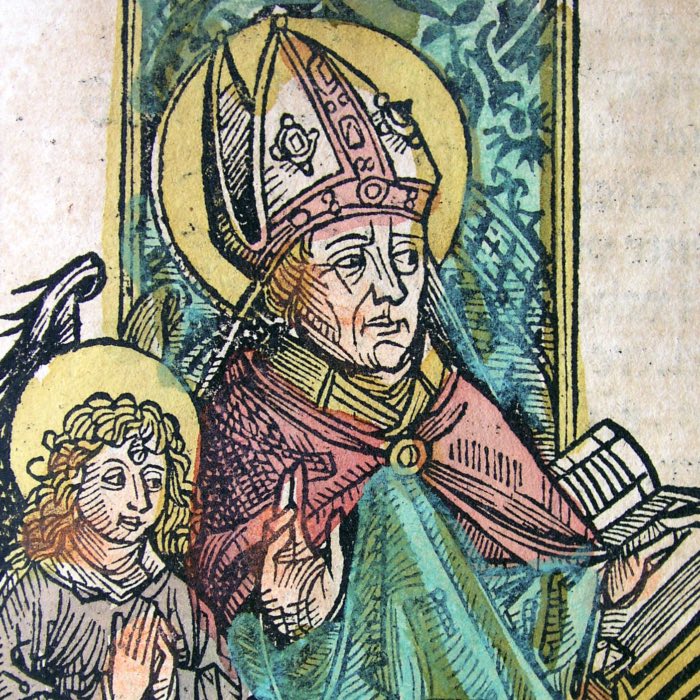
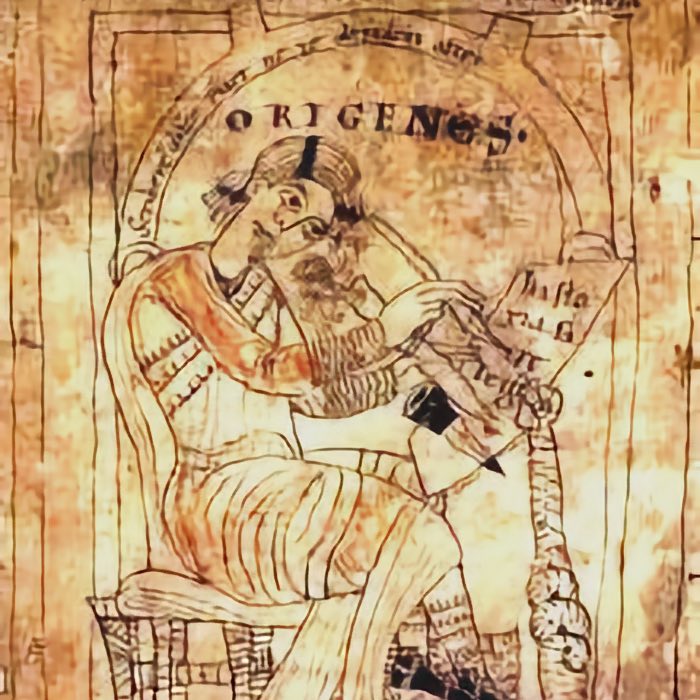
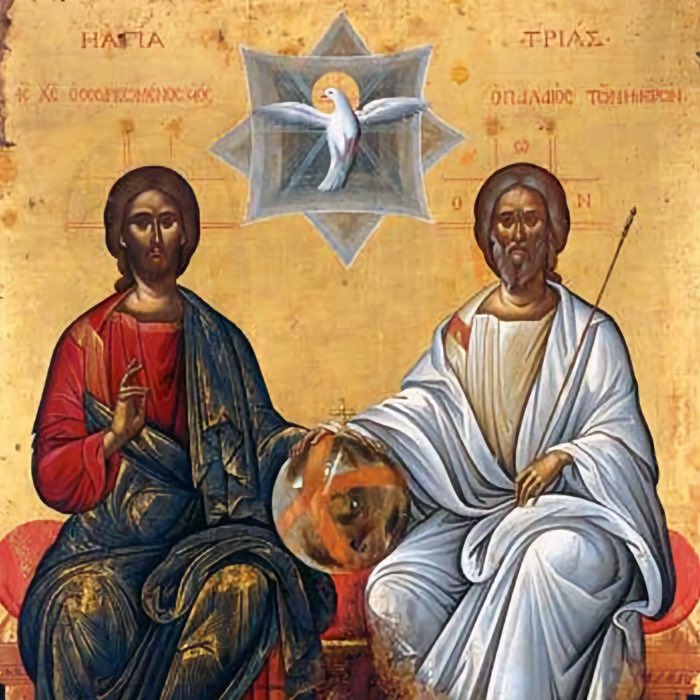
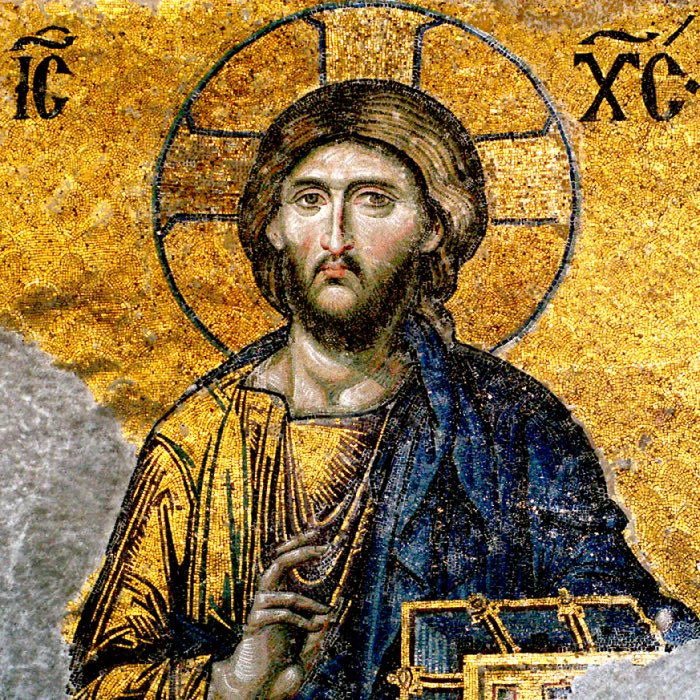
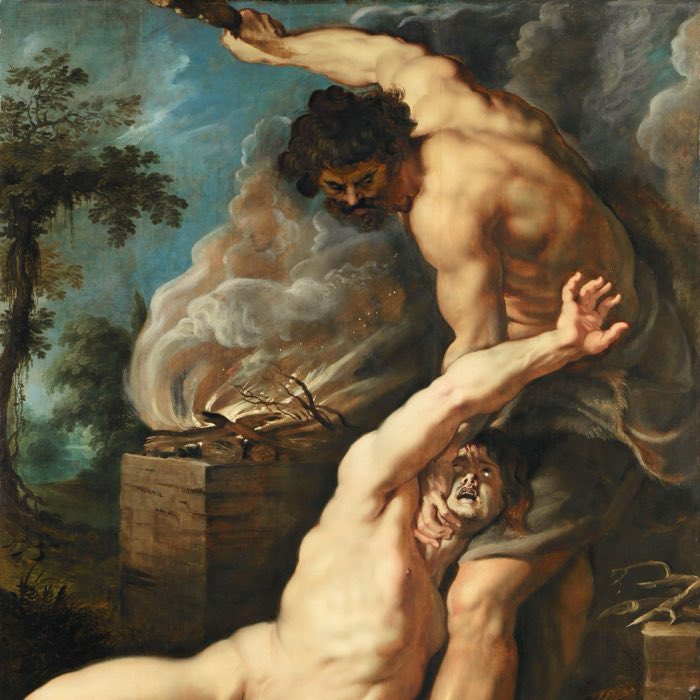
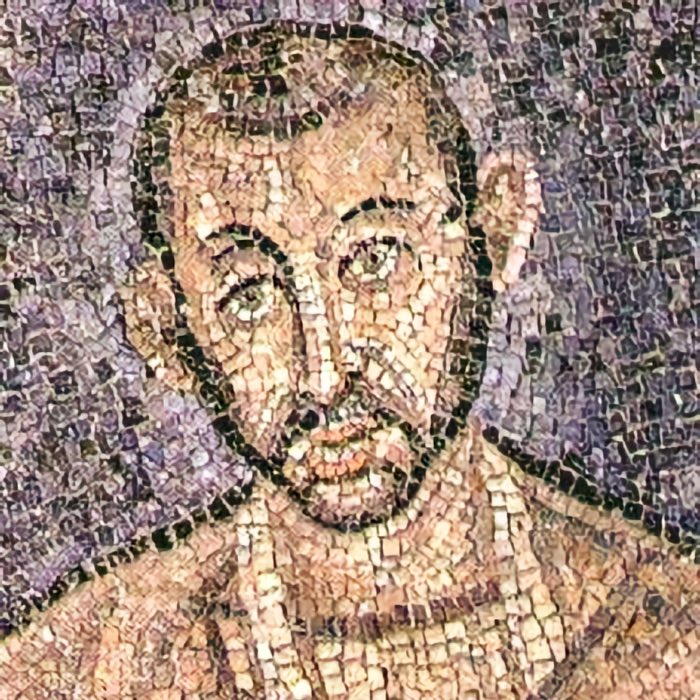
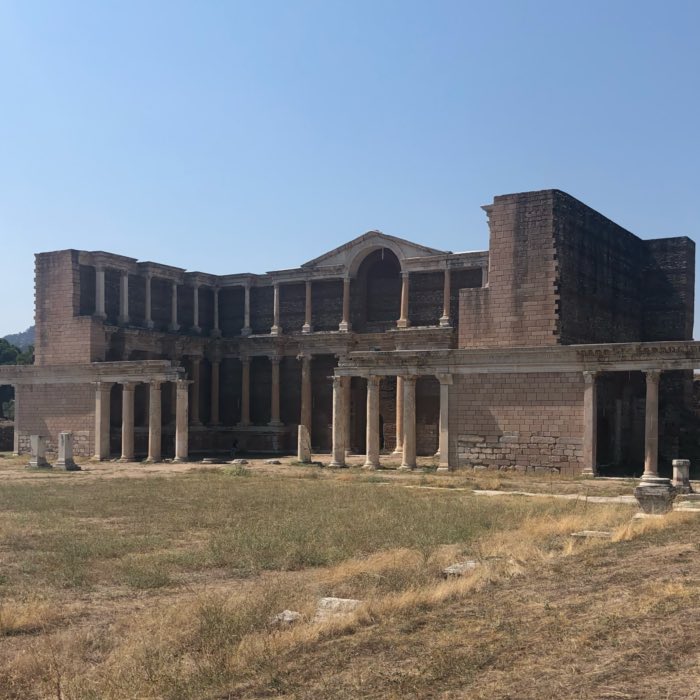
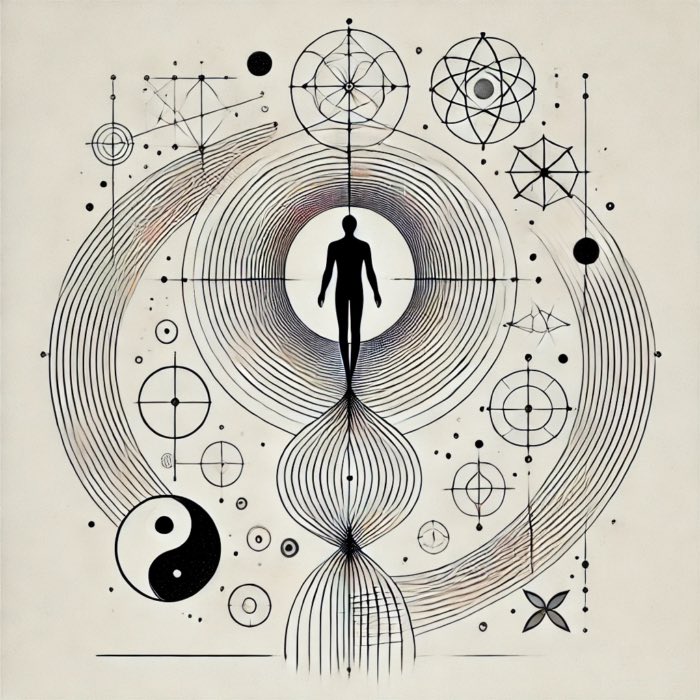
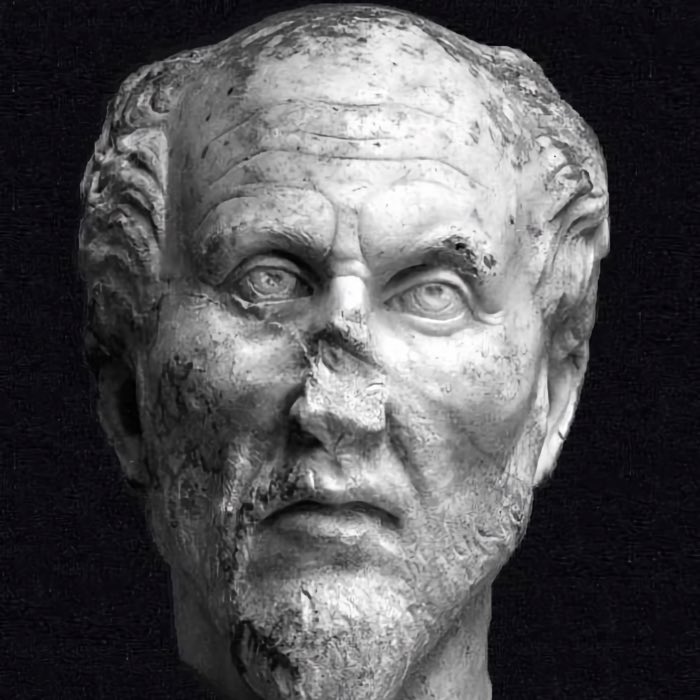
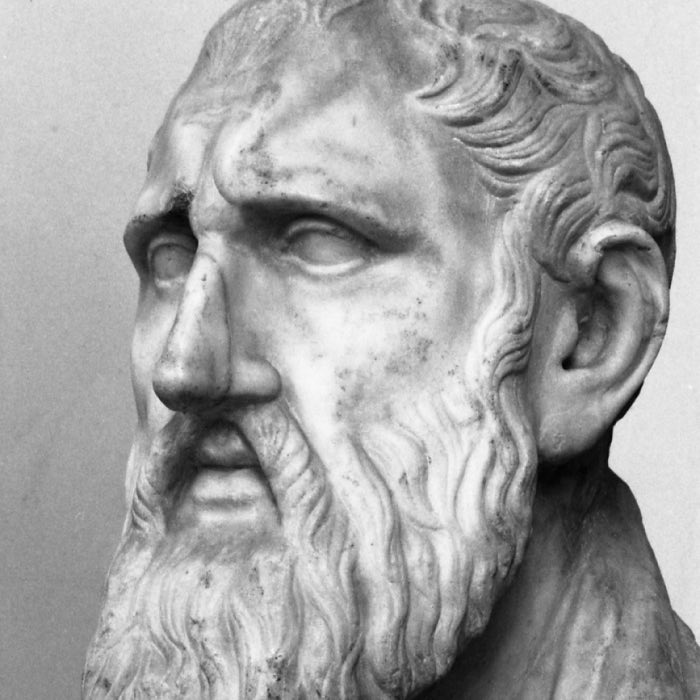
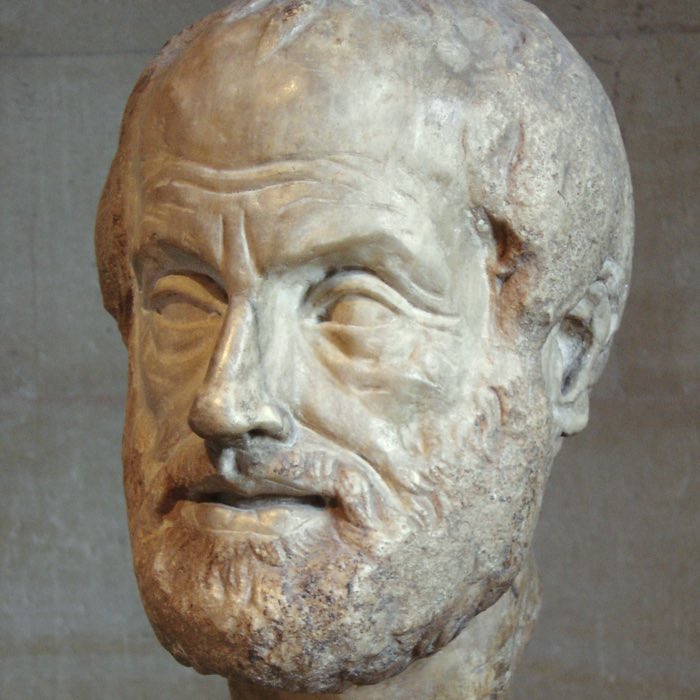
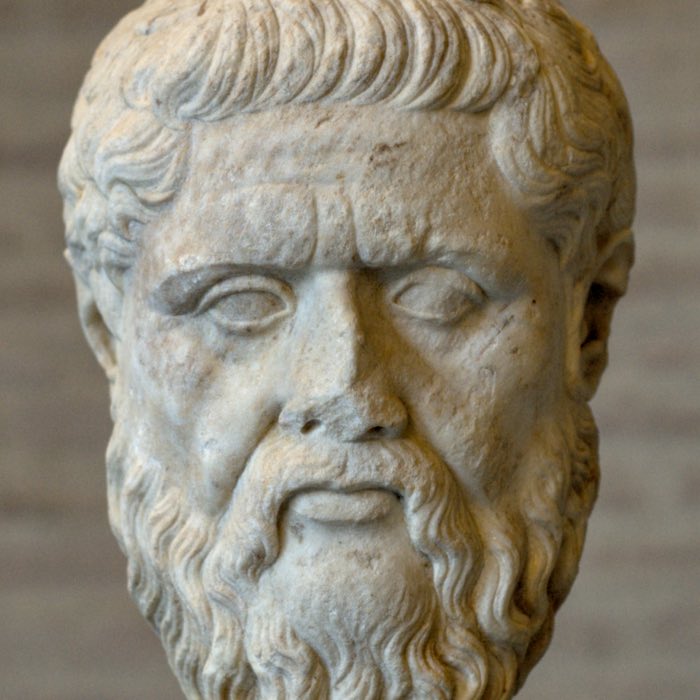
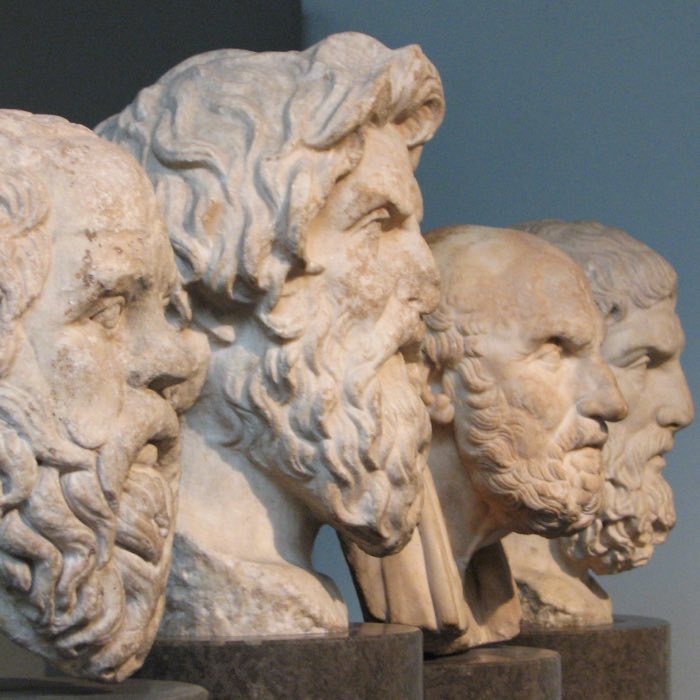
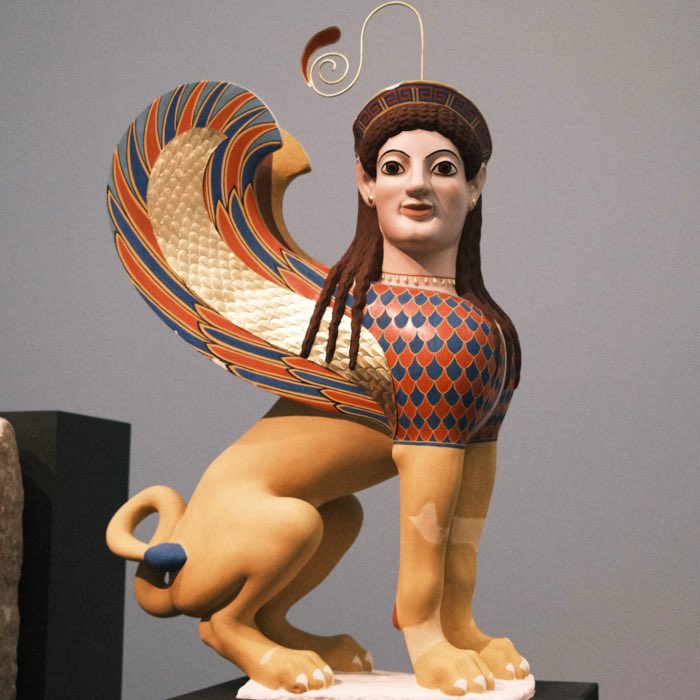
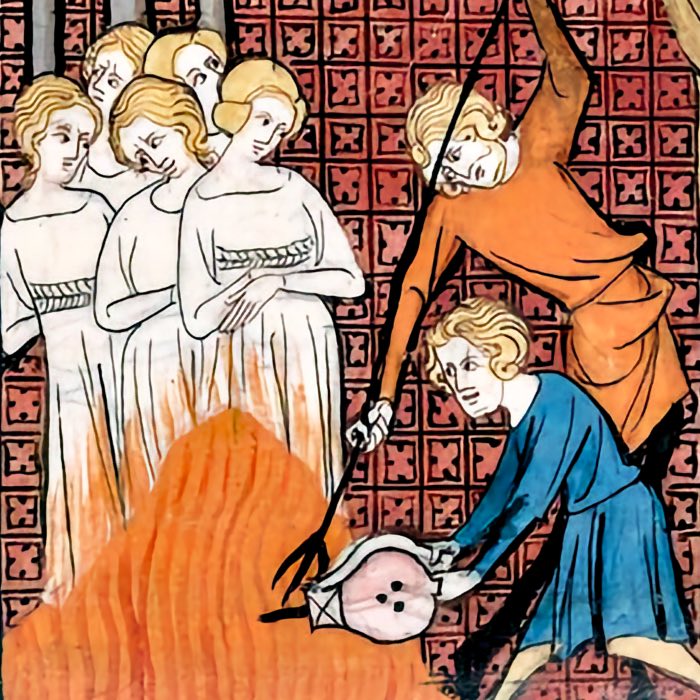
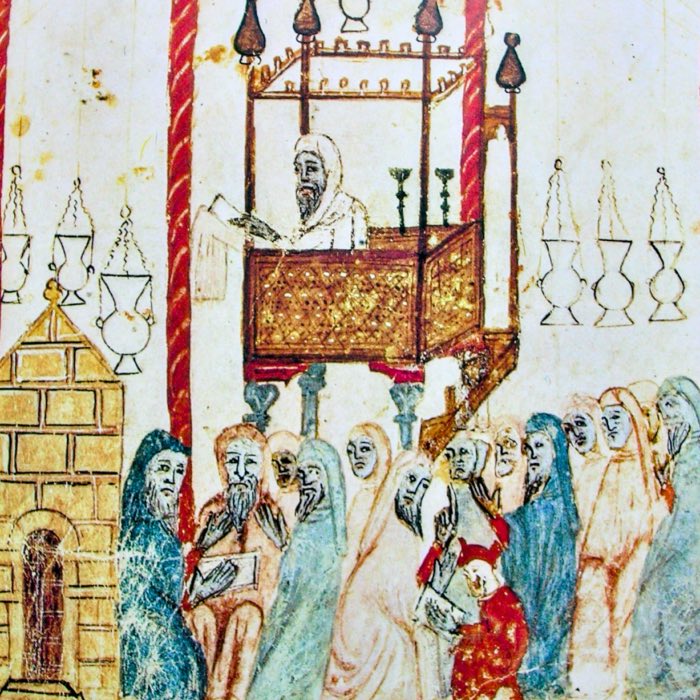
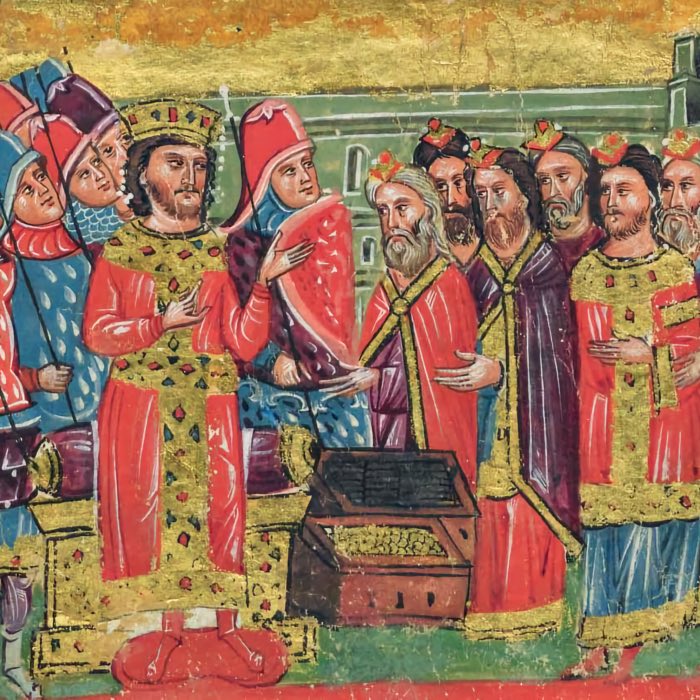
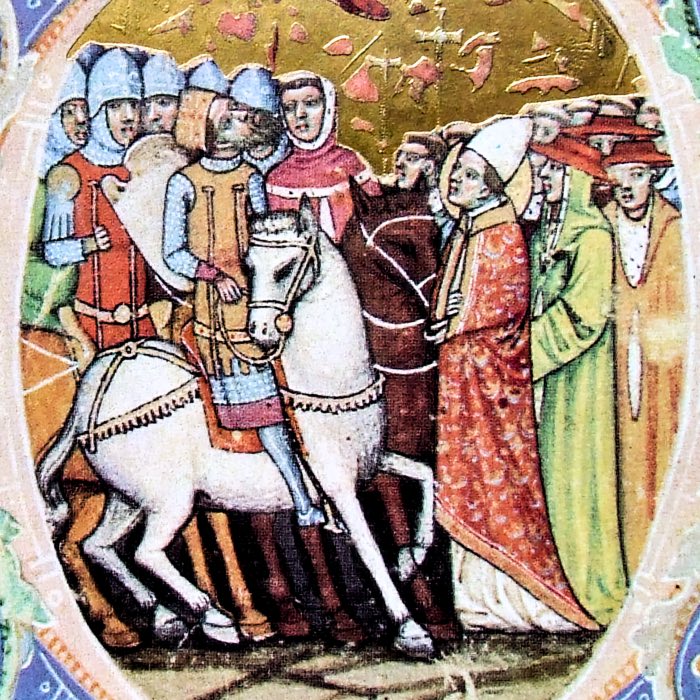
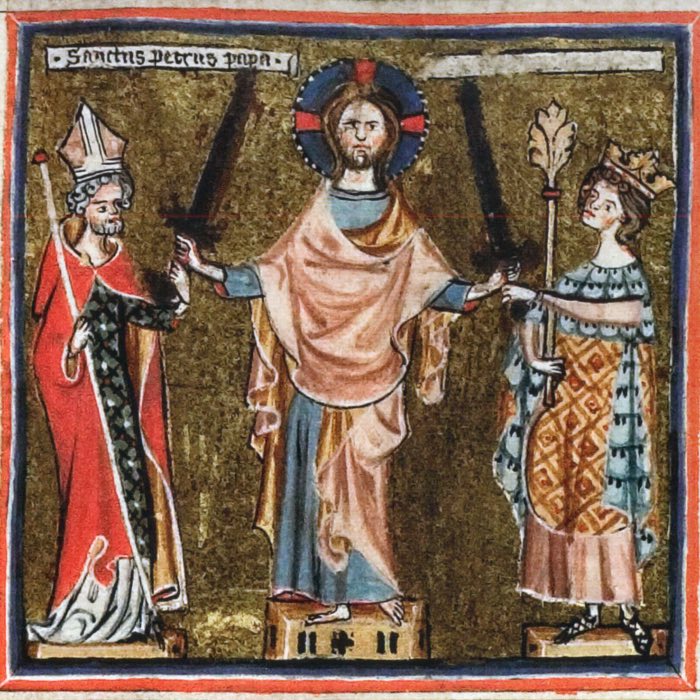
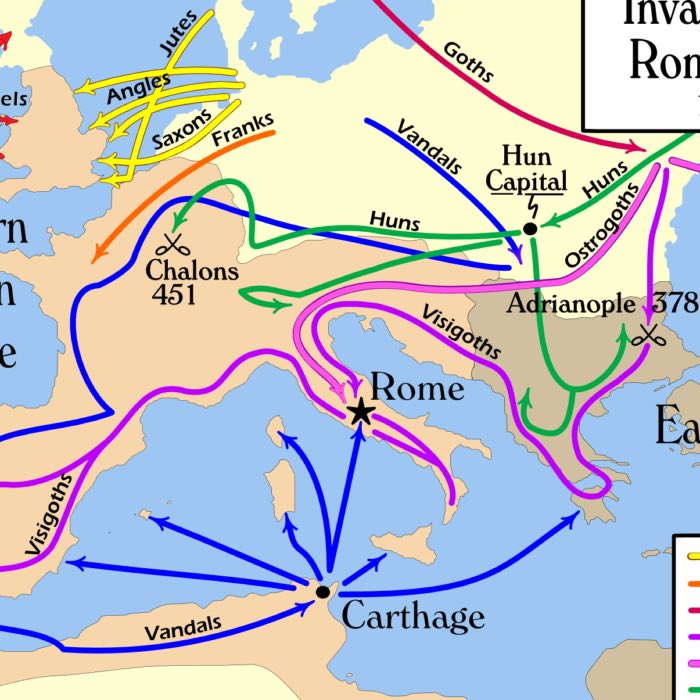
comments